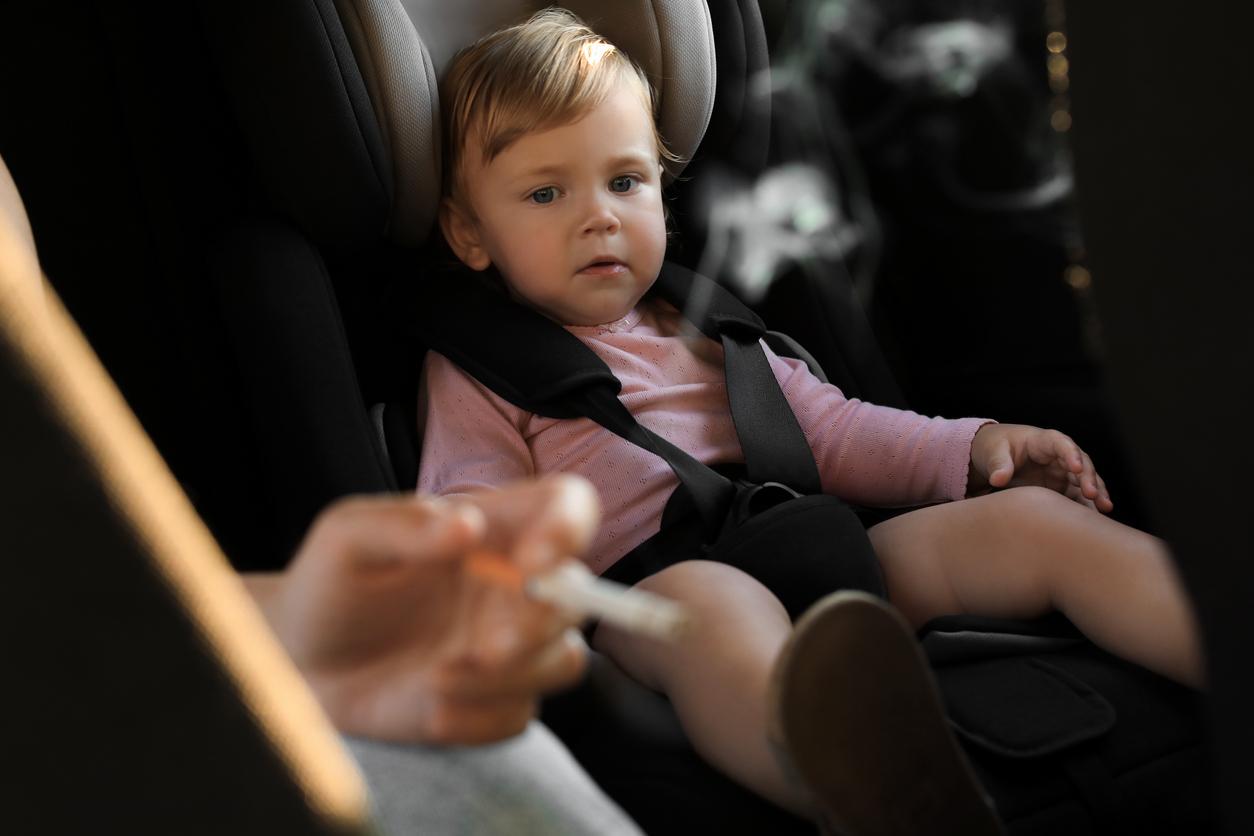The representatives of the WHO and Unesco call on European countries to fight against the spread of Covid-19 and to do everything to avoid the closure of schools.

- WHO asks European governments to prioritize access to school rather than restarting the economy.
- WHO director general says children are at little risk from virus
Not a day goes by without the World Health Organization (WHO) calling on countries to take action to contain a second wave of Covid-19 expected this fall and structure a joint response. Yesterday, its officials emphasized the protection of the youngest during a joint press conference with the United Nations Educational, Scientific and Cultural Organization (UNESCO) and the United Nations Fund for Childhood (UNICEF). For them, the best interests of children even in times of pandemic must take precedence over other interests. “What is more important: the return of our children to the classrooms or the opening of nightclubs and bars? tance Michael Ryan, the WHO’s director of emergencies.
This time the European countries were particularly targeted. A few weeks before the start of autumn when the WHO fears a deterioration in the health situation as the drop in temperatures will encourage people to live indoors, which risks increasing the pressure of infection. According to the Director of Emergency Situations, a compromise will have to be made to keep the youngest and the elderly in social life. “The only way is for adults to maintain a sufficient distance to promote a drop in contagion“, he asserts.
Keep schools open
To fight against the pandemic and allow everyone to continue their life, Michael Ryan calls on the countries of the old continent not to “pursue chimeras” and to make tough decisions in order to protect the most vulnerable and keep young people in school, even if it means accepting inevitable sacrifices. Why such catastrophism? The poor figures for the global spread of the virus, which last Friday recorded a new record: 53,873 new cases in a single day.
Maria Van Kerkhove, head of the management of Covid-19 at the WHO, believes that the increase in cases in Europe is partly due to increased testing and surveillance capacities. A partial explanation, far from reassuring her about the sequence of events: “CThis resurgence is partly reaching higher levels than we saw in April and May. This is a worrying trend that we are definitely seeing.“
Despite these pessimistic announcements, all the heads of international organizations present are urging European countries not to close schools. Tedros Adhanom Ghebreyesus, director general of the WHO, tried to reason with the listeners on the minimal risk, according to him, that children face from Covid-19. He recalled that according to the latest known scientific data, those under 20 do not represent 10% of cases and less than 0.2% of deaths. According to him, schools should only be closed “last resort” in areas of very high transmission of the coronavirus. While recalling that “there is no zero risk“.
On September 1, the Minister of National Education, Jean-Michel Blanquer, announced that 81 schools and 2,100 classes had closed due to Covid-19. Figures that he puts into perspective compared to the 60,000 schools operating in France. He estimated on LCI that the French situation is the “best possible given the health crisis“while recalling that some countries had not reopened schools since March. According to Unesco, most Latin American countries, the Middle East, some African countries and India have not reopened their schools. According to its director, half of young people of school age and nearly 11 million girls were at risk of never returning.
.
















